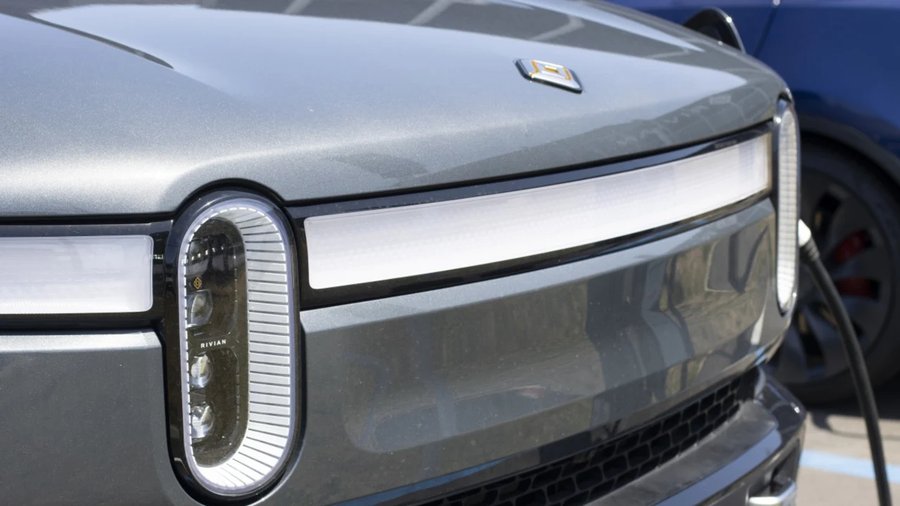VW to invest up to $5 billion in Rivian in an EV tech joint venture

SAN FRANCISCO — Volkswagen Group will invest up to $5 billion in U.S. electric-vehicle maker Rivian as part of a new, equally controlled joint venture to share EV architecture and software, the companies said on Tuesday.
In its announcement, Rivian said that both it and VW aim to launch vehicles "benefiting" from the JV before 2030, however both companies will continue their existing production operations separately. More immediately, VW will be able to utilize Rivian’s existing electrical and software platforms.
“We’re very excited to be partnering with Volkswagen Group," Rivian President RJ Scaringe said in an emailed statement. "Since the earliest days of Rivian, we have been focused on developing highly differentiated technology, and it’s exciting that one of the world’s largest and most respected automotive companies has recognized this."
"Not only is this partnership expected to bring our software and associated zonal architecture to an even broader market through Volkswagen Group’s global reach," Scaringe said, "but this partnership also is expected to help secure our capital needs for substantial growth. Rivian was created to help the world to transition away from fossil fuels through compelling products and services, and this partnership is beautifully aligned with that mission."
A representative of Scout Motors — VW Group's new semi-independent electric truck offshoot — declined to comment on the deal. Scout broke ground on its production facility in Blythewood, South Carolina, earlier this year.
Shares of Rivian surged 30% in extended Nasdaq trade after the announcement, boosting the company's stock market value by more than $3 billion.
The investment will provide Rivian — known for its flagship R1S SUVs and R1T pickups — the funding it needs to develop its less-expensive and smaller R2 SUVs that are set to roll out in 2026, CEO RJ Scaringe told Reuters.
Volkswagen will initially invest $1 billion in Rivian and a further $4 billion later, the companies said.
"Our customers benefit from the targeted partnership with Rivian to create a leading technology architecture," said VW Group CEO Oliver Blum. "Through our cooperation, we will bring the best solutions to our vehicles faster and at lower cost. We are also acting in the best interest of our strong brands, which will inspire with their iconic products."
While EV startups have been grappling with a slowdown in demand amid high interest rates and dwindling cash, traditional automakers have struggled to build battery-powered vehicles and advanced software.
